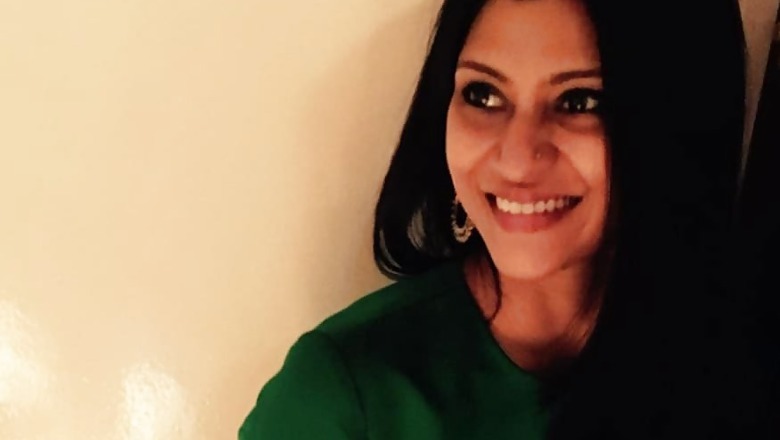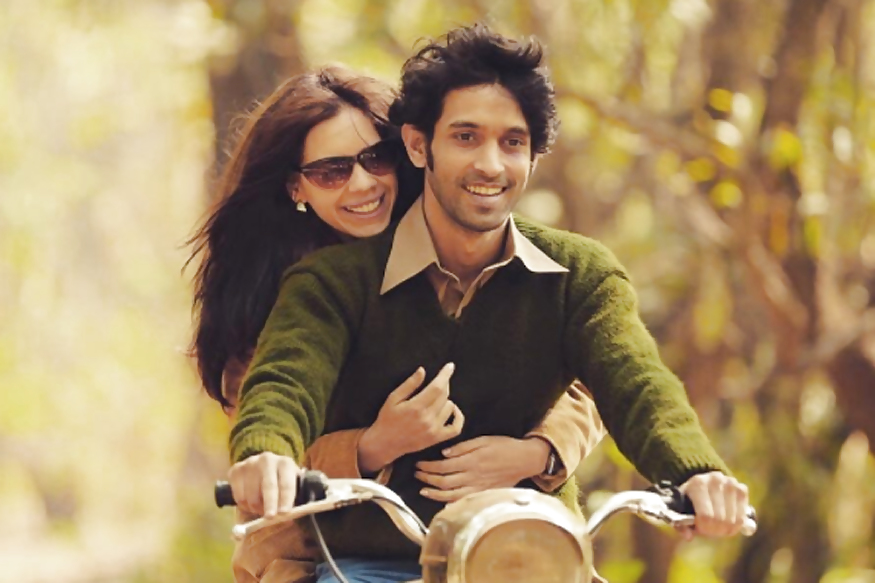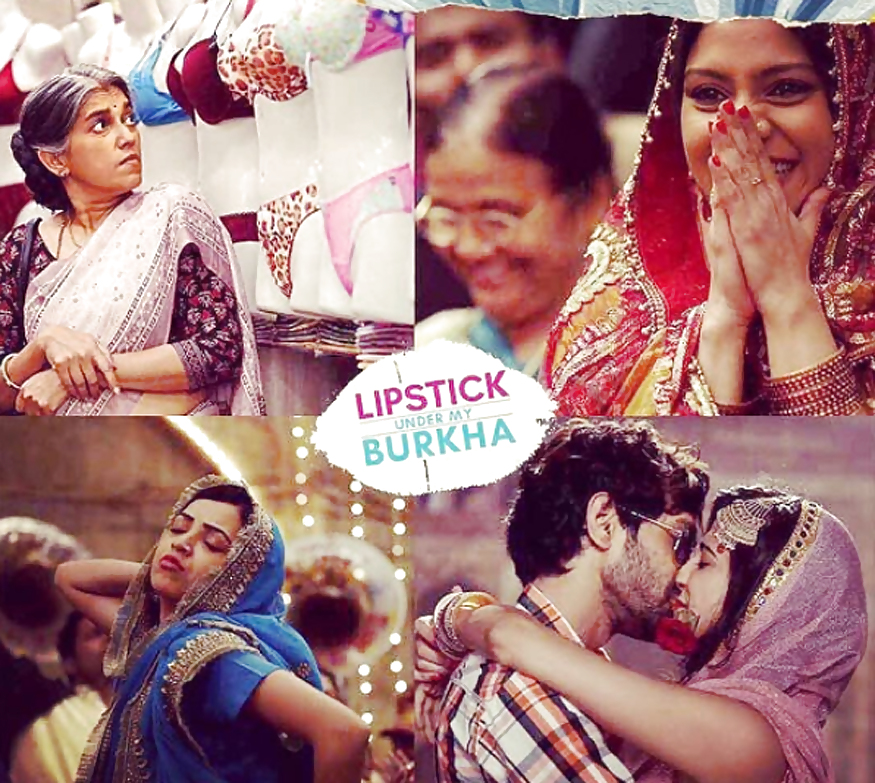
views
The first time Konkona Sensharma stepped into shoes of direction was in 2006 when she helmed the short film Naamkaran and now, in 2017, the critically acclaimed actor makes her directorial debut full-length feature, A Death In The Gunj. While the film, starring an ensemble cast including Vikrant Massey, Kalki Koechlin, Tilotama Shome, Ranvir Shorey, Jim Sarbh, Gulshan Devaiah, Om Puri and Tanuja, had impressed the audience worldwide with its screenings at several film festivals, June 2 marked the theatrical release for what's now being referred to as one of Bollywood's finest products.
With a beguiling tart tone and a realistic sting in its tail, Konkona's directorial evoked a myriad of emotions and stayed long with scores of viewers even after they left the theaters and resumed to the daily grind. In an interaction with News18.com just a week before the film's release, Konkona spoke at length about the censor board and its varied ideologies, the existence of meaningful Indian cinema and 'general' representation of women in Bollywood.

If one is even vaguely in touch with the censorship scenario in Bollywood, they'd be aware of Central Board Of Film Certification's (CBFC) archaic diktats becoming the superfluous testing waters for most films. Konkona, whose upcoming film Lipstick Under My Burkha was first refused certification because it was termed 'too lady oriented' and because it showed their fantasy about life and because the film featured rhetorical references to sex, pornographic audio and abusive words, feels that censorship in general, doesn't make sense.
"These are all adults who're going out and voting for their government, they're marrying who they want to and they're taking several other good and bad decisions. So, what are we protecting them from?"
"It has been said a lot of times, so it might sound boring, but it's all true. Like no you can't watch that and that this film will mess with your mind. It doesn't make sense," she said adding to colleague Kalki Koechlin's comment that we need certification, but not censorship.
As an actor, Konkona has been as much the face of art house works as she's been the protagonists of commercial films. So, does she see the mainstream Bollywood making its journey away from masala potboilers, towards more meaningful cinema? "I don't think so. Not that I'm really looking at industry trends or following this with great detail but the bulk of Hindi films is not that (meaningful cinema)."
"But we definitely have films which are not formulaic, not following a certain convention and we also have few exceptions to prove the rule," she added.
She further questioned and said, "And what about experimental films? Are we not going to do that at all - is there only going to be meaningful cinema?"
"There should be space for all kinds of films to exist, but there isn't. Because there's no money in anything else. That's the problem," she opined.

Considering that she's not just an actor now, but a full-fledged filmmaker too, does she feel an added pressure of sticking to the norms for the box office results?
"No no, I'm very used to it. This is the world we're born into and these are the choices we've made. We know, it's okay," she responded with a smile of relief on her face.
When asked about the representation of women in Indian cinema, Konkona admitted that she feels a "huge disconnect" with it and that the bulk of what we see is not very hopeful.
She said, "Sometimes you just watch certain things and it could feel - like very regressive themes or values or the way we represent things. I've a huge disconnect with it."
"I don't feel like it - I don't feel any ownership over that. The way we show women sometimes - the things they're doing, the kind of advertisements they're doing, the way we sell things - we've a long way to go," she said.




















Comments
0 comment